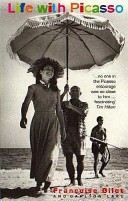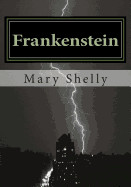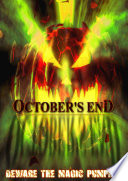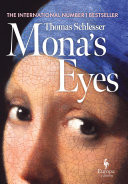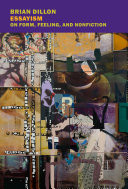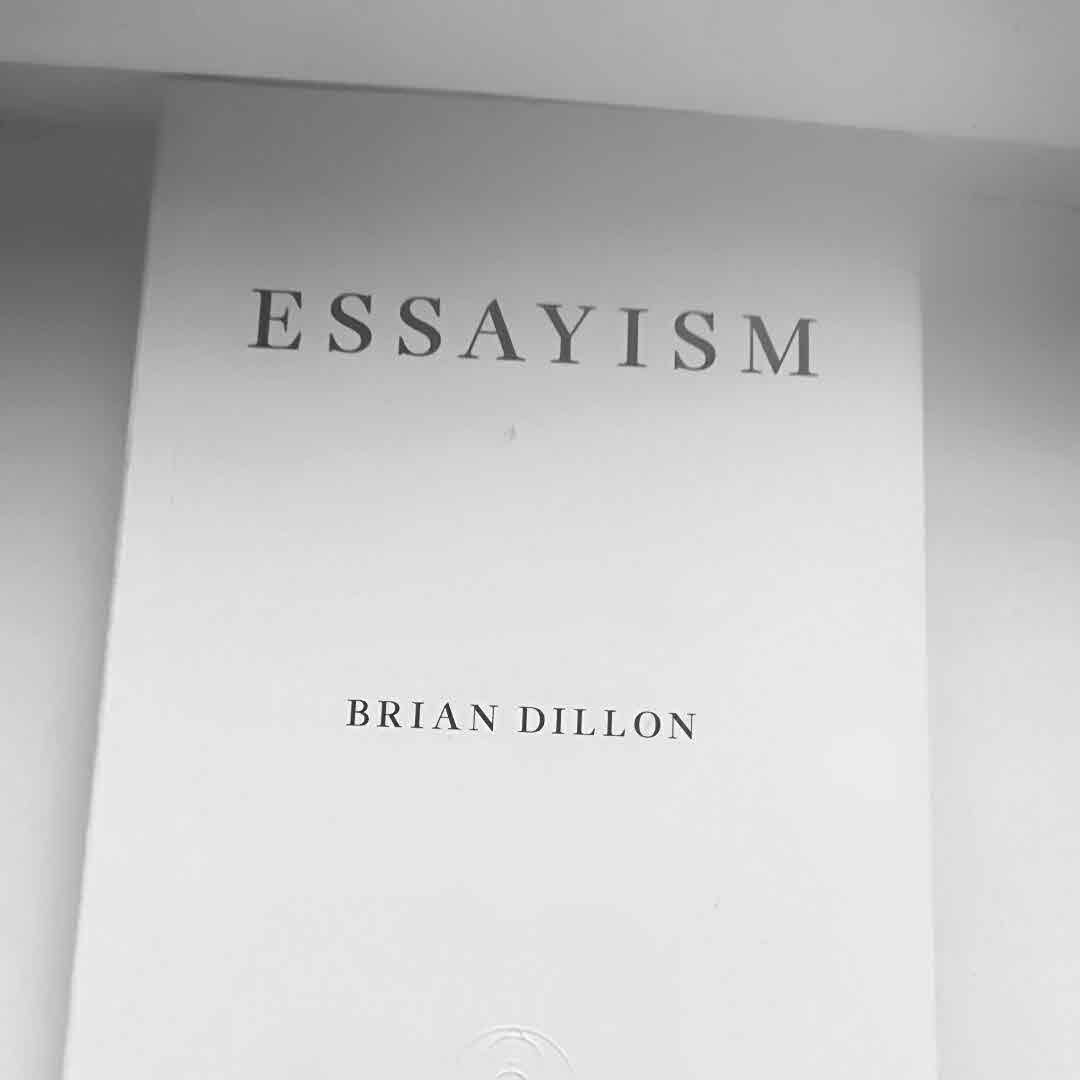★★★★★
An evaluation on and of essays—form, purpose, and impact—that is enriching as that last beautiful poem one had a short encounter but remembers forever. Dillon also writes of his struggles and how reading and writing are ways to cope even when, at times, both are at the roots of the struggles.
Worth a reread for when one wanders.







